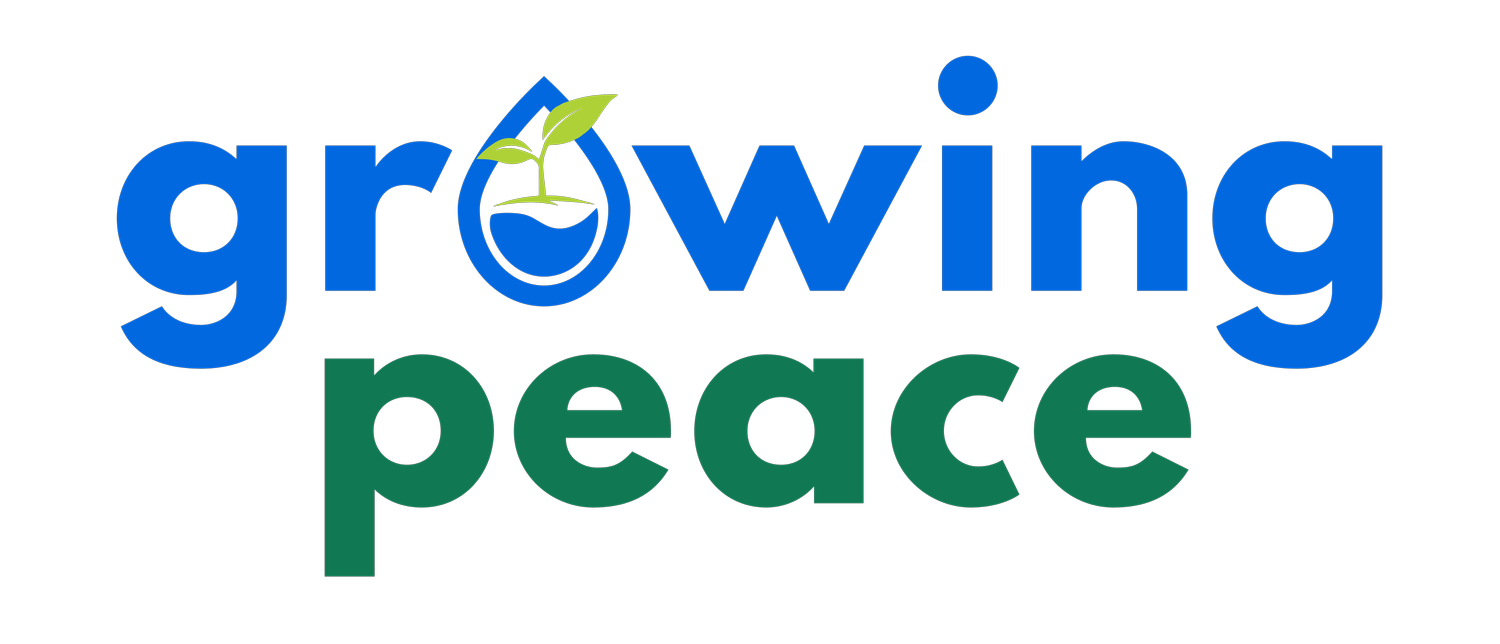In The News
The JUF Magazine | Jewish Chicago
‘Growing Peace’, With A Young Documentary Filmmaker
March 2022
By Michelle Cohen
Clearly, Steven Hoffen is a teen wise beyond his years. Just 13, he recently created a short film documentary exploring how the power of science can bring together two communities fractured by decades-long conflict.
The film Growing Peace in the Middle East spotlights Sindyanna of Galilee, a farm in Israel’s Galilee region, where Arab and Jewish women collaborate and cultivate social change as they grow healthy produce in hydroponic gardens for their communities.
“Change comes from teamwork,” said Marwa, an Arab woman who works with Jewish women at Sindyanna. “An individual alone can’t make a change.”
Hoffen’s award-winning film was featured at JCC Chicago’s Social Justice Film Series in January, together with Stranger/Sister—another documentary focusing on Jewish and Muslim women coming together to effect positive change in Israel.
As part of the experience, Hoffen met members of the Chicago chapter of Sisterhood of Salaam Shalom—a national organization connecting Muslim and Jewish women—and talked shop with one of the directors of Stranger/Sister. Hoffen, who lives in Manhattan but whose family is from Chicago, felt inspired after touring Sindyanna of Galilee during a family trip to Israel in 2019. Sindyanna’s olive oil is sold globally, and new projects are developed to support women entrepreneurs and Arab-Israeli communities.
“I kept in contact with all the people I met there,” said Hoffen, who said he was touched by the fact that “there were two people showing my brother and me around the visitor center; one was Jewish and one was Arab. That was a mini example of how Sindyanna brings two communities together.” After Hoffen learned about the farm’s hydroponics project at the beginning of the pandemic, he was determined to tell the organization’s story through film.
The entire 17-minute documentary was written, filmed, and produced during the early months of the pandemic. Hoffen interviewed project staff—including Yoav Tamir, the director of the hydroponics project, and Nadia Giol, manager of the visitor center—and then spoke to Marwa and Mofida, two women hydroponic farmers. The young documentarian then assembled clips of the Zoom interviews, compiled photos and video clips, and recorded voiceovers of himself explaining key points of the project, as well as its implications for environmental and social causes.
Hoffen’s goal to “help people outside of Israel know about Sindyanna and support it” came to life as he received awards and nominations from over 70 film festivals around the world. His awards—ranging from Best Young Filmmaker to specific awards based on the empowerment of women and environmental advocacy — come from diverse film festivals, including the International Human Rights Arts Festival and Cannes World Film Festival.
The documentary begins with scientific explanations of hydroponic farming. (In case you’re not schooled in the subject, hydroponics is finding ways to grow plants without soil.) Then the film delves into how hydroponics can provide nourishment and fulfilling jobs to women, and its use to mitigate social and environmental problems.
Since making the film, Hoffen has founded a nonprofit organization called Growing Peace, Inc. Initially designed to showcase Sindyanna and its hydroponics project, the organization has evolved to raise awareness about hydroponics and how the farming technique can empower people in need. One of the organization’s latest initiatives involves installing hydroponics in a food bank for refugees newly arrived in Israel.
For more information about the documentary and Growing Peace, Inc., visit growingpeaceinc.org.

